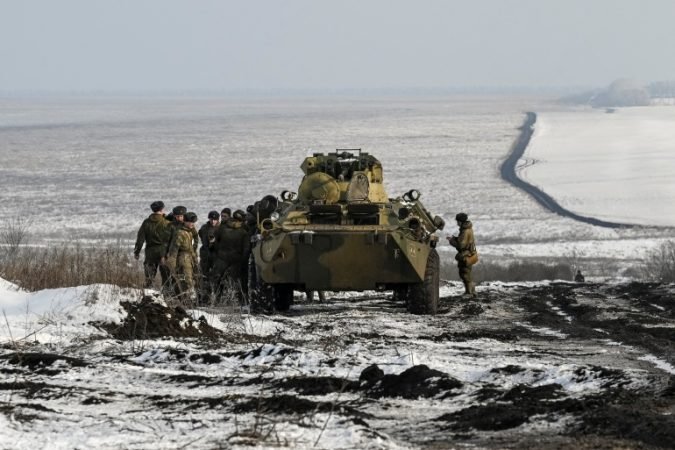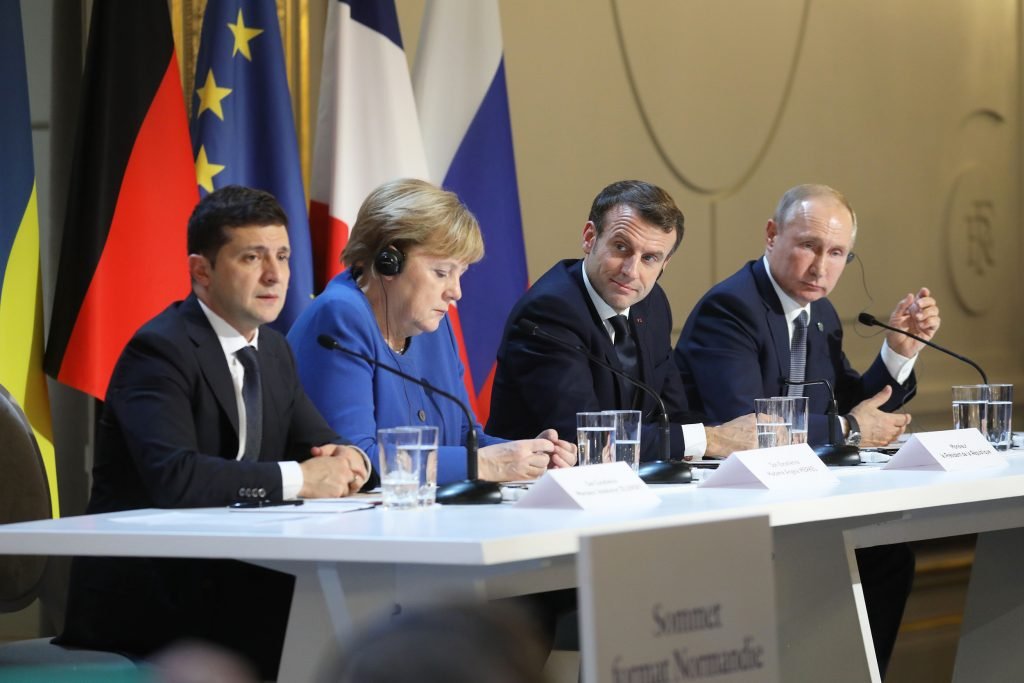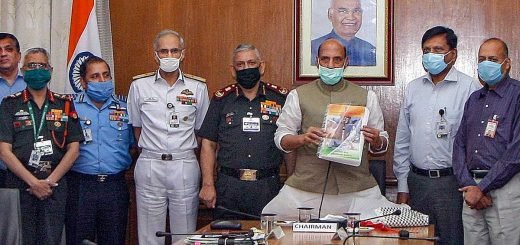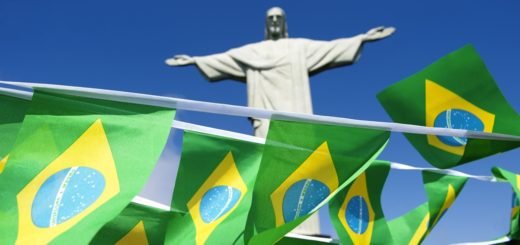Revenge of Geography

It is 1932 and Paul Von Hartmann and Hugh Legat are best friends who had just graduated from Oxford. Six years later, they are in the middle of what would become a missed opportunity or to many the precursor to the second WW, The famed Munich conference in 1939. This is the background of Christian Schwochow’s new Netflix movie, Munich: The Edge of war. The Munich conference where Hitler under the guise of ethnicity annexed Sudetenland, part of then Czechoslovakia and Britain and France did let him do that. The pretext was similarity in ethnicity and glorification of the German race.
In 2014, Russia annexed Crimea, a part of the nation of Ukraine in the aftermath of the revolution of dignity, the biggest since the second world war and further fomented rebellion in Donetsk and Luhansk regions the fleeing of its President and the supposed installation of a ‘pliable’ leader in Kyiv by the west did exacerbate Putin’s fears. The Russian leader under the pretext of ethnic similarity staged pro Russia protest in Ukraine and annexed Crimea.
The then American President Barack Obama’s response was economic sanctions which to his critics was too soft but effectively crippled Russia economically. It did stop further incursion but created a wide gap, an abyss of nothingness pushing Russia away from the west.
The current crisis in Ukraine where a massive military buildup is seen on its borders is If not anything a similar event to the Crimean invasion of 2014. The last time the fear of a pro West Kiev fueled the crisis, the current is also similar. Russia ultimate intent to many is to annex or at least aid a regime change in Ukraine or minimum solicit a guarantee from the US regarding the expansion of NATO.
The conundrum that is supposedly the defining moment of the year just begun has at its heart, Geography; the famed concept ably enunciated by the likes of Mahan, Mackinder and Spykman – basic coordinates or the location of a nation. Russia though the largest country by area is severely handicapped – unruly neighbors, far off friends, lack of ports coupled with historical anecdotes of invasions and rebellions getting aided are some of the many constraints, Russia faces. To add this, NATO, an organization created during the cold war, its continued expansion, disparities between western and eastern Europe economically has supposedly exacerbated Russia’s fear.
Putin had sensed, America’s limitation both logistically and more psychologically to come to aid for its commitment and Ukraine being non-NATO country, the west is bereft of any commitment and if not anything the maximum that could happen would be sanctions-a device left useless post 2014 sanctions as the Russian economy now has more decoupled from the West.
The square one of geopolitics, the famed pivot to history enunciated by Halford Mackinder, Ukraine just like Czechoslovakia is victim of its geography. Ukraine is not more than a pawn, a ham between two mountains, an avenue for buffer for Russia that would save its borders from the unruly influence of the liberal west and source of prestige for US avenue to exude power amidst views of its decline.

While Russia’s fears are well known, America’s non-committal and frankly lackadaisical response harps on its geography too. The ‘shining city on the hill’ beautifully protected by two oceans can safely ensconce in its space, undeterred by anything. Just like its wars are directed more by requirement than by need, its response to Ukraine is more functional.
Germany and France’s distinct response also merits geographical connotations. Germany’s geography necessitates its extending a hand to Russia, a growing energy-hungry nation needs fuel to steer ahead, the Nordstream pipeline is more of a necessity than a luxury, a necessity that the French doesn’t have or its distinct geography doesn’t warrant it to have.
The Revanchist power china’s disinterest and spectatorship stems from its geographical aloofness from the conflict, a war or no war is good for Beijing anyway. a further weakening of the Americans or removal of Russian threat makes Beijing safe in its backyard and ipso facto The World.
It is this geographical aloofness that had guided Indian response too for the conflict. despite a public clamor on Ukraine, the official response has largely been tepid and procedural. India’s lack of charm in large part also harps on its historical closeness with Russia and current camaraderie with the US.
The conflict in Ukraine therefore is genesis of the wider qualm in the international relations that has geography at its core. Nations in the past and even today have the tendency to move, annex or step back. Although the crisis is one of its kind, despite not being famed, it had exposed the limits of western model of dealing with incursions, its lack of charm in commitments and is also a show of power for the leader and in waiting’s.
The ghost of Munich thus refuses to die- a conflict of gargantuan proportion can any day take shape based on ethnicity and power projections. For some its the Quest to increase power, for others basic territoriality . The linchpin being geography ,a nation’s place in the comity of nation. It is indeed true that we live in a hyper globalized world sans borders, the bonhomie although is cosmetic, nations fight for survival and power. The world therefore operates lesser on coexistence and amity and more on chaos emanating from revenges of geography.


















